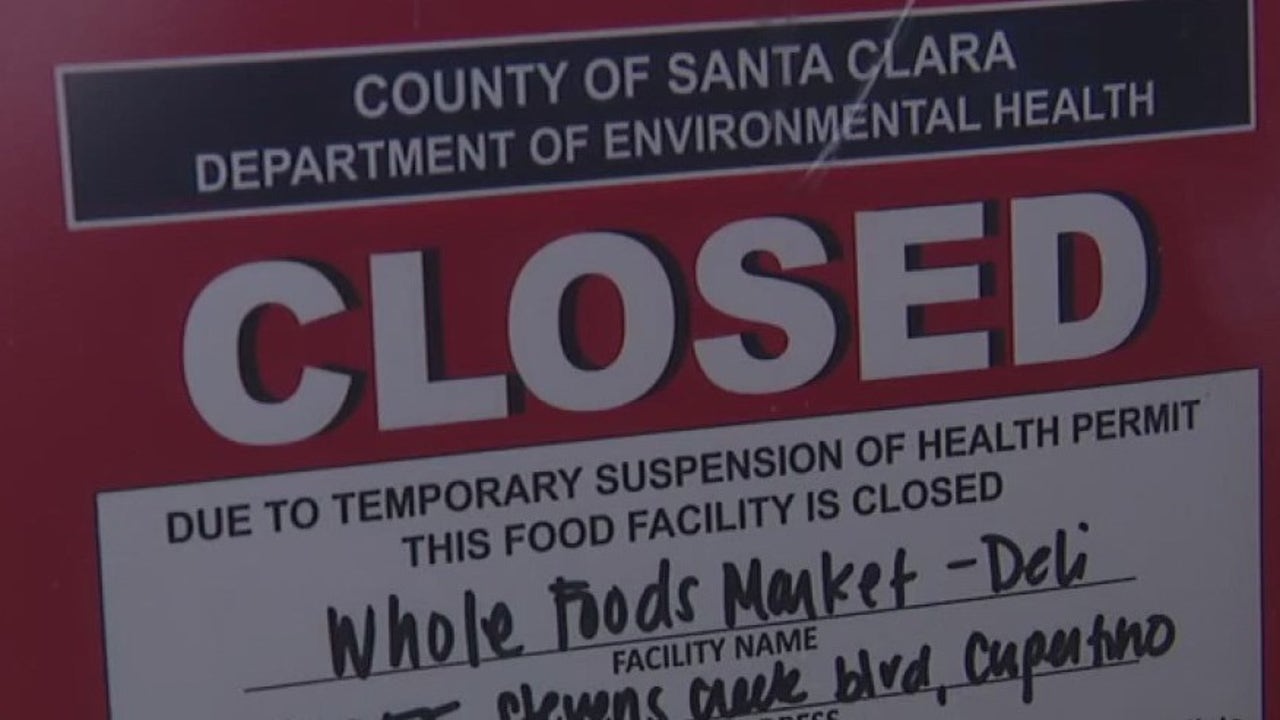Pest Panic: Whole Foods Market Temporarily Closed After Rodent Invasion in Silicon Valley Hotspot

In a startling development for local shoppers, the Whole Foods Market located on Stevens Creek Boulevard in Cupertino has been forced to close its doors following a series of alarming health inspections. Municipal health authorities made the decisive move after multiple investigations revealed a persistent and troubling infestation of vermin both inside and surrounding the popular grocery store.
The closure underscores the critical importance of maintaining rigorous health and sanitation standards in food retail environments. Customers who frequent this location will need to seek alternative grocery shopping options while the store addresses the serious hygiene concerns that prompted the shutdown.
Health officials have not yet disclosed the specific details of the vermin problem, but the repeated nature of the inspections suggests a significant and ongoing issue that could not be resolved through standard corrective measures. The closure serves as a stark reminder of the potential health risks that can lurk behind the scenes of even well-known and trusted retail establishments.
